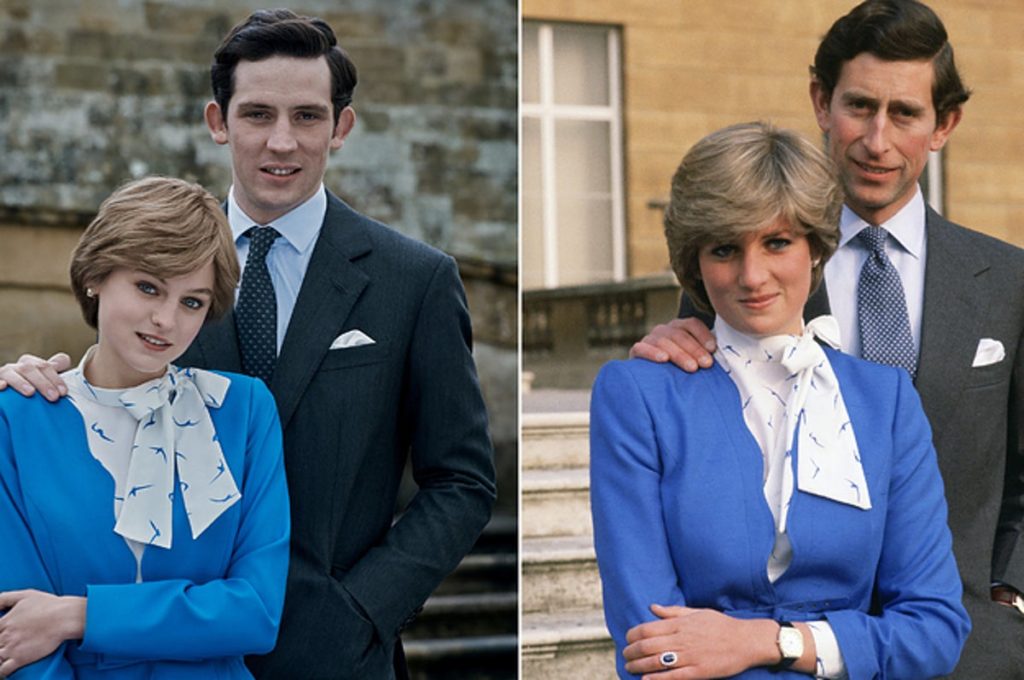Despite being Britain’s longest-serving monarch, Queen Elizabeth’s funeral arrangements (dubbed ‘Operation London Bridge’) were recently leaked to the press. The recently leaked documents show that officials will refer to the day the Queen dies as ‘D Day’, and she will be buried 10 days after her passing. Her coffin will lie in state for three days at the Houses of Parliament whilst the new King Charles will deliver a televised broadcast and tour the United Kingdom. The Queen has for a long time been the figurehead of the British monarchy and is considered the most popular royal. Although her funeral plans have been exposed it is unclear what her passing means for the future of the monarchy and whether or not the British people will accept a new sovereign.
Will we take the monarchy seriously after the Queen?
Part of the reason why Queen Elizabeth II has been popular amongst the British public for so long is her stoic nature. Crowned sovereign at the age of 27 after the sudden passing of her father and abdication of her uncle, the Queen has since grown into her role and developed a stalwart and reliable persona that her successors will likely struggle to live up to.
There was little expectation that she would be the heir to the throne until her uncle, King Edward VIII, abdicated to marry divorced American socialite Wallis Simpson. Yet despite unexpectedly assuming the responsibility of sovereign at a young age, many feel the Queen has proved to be an institution in and of herself after dealing with adverse events in her usual steely manner, including the death of the ‘People’s Princess’ Diana, the mining disaster in Wales during the 60s and many others. The gravitas and grace that the Queen has brought to the throne these last 69 years may not be replicated by the likes of Charles and Camilla as both have been involved in social scandals and are widely disliked by the British public.

Following recent events, other members of the royal family like Prince Harry, Prince William and Prince Andrew as well as Kate Middleton and Meghan Markle have also developed problematic reputations. Without the Queen as the bedrock of the monarchy, the family may not be taken seriously as internal rivalry and pointless feuds continue to make tabloid headlines. What this means for the royal family is unclear, but without the Queen, it is likely that the British public may not see the point of even having a monarchy that contributes more drama than service to British society.

New opportunities?
On the other hand, the passing of the Queen could open up new opportunities for the royal family to modernise. Although many have grown to admire the Queen’s stalwart and serious personality, others may hold the view that her approach is stuffy, and her role somewhat outdated. The Queen has made no material contribution towards running the country but upon her passing the monarchy could become more significant as younger members impose their leadership. Younger royals have the option to divert their efforts towards issues that have divided the country in recent times such as racial tensions and class conflict as well as build upon existing high-value social projects such as Prince William and Harry’s mental health initiatives. After the Queen’s reign is over there is scope to create a more open monarchical system where the general public has the opportunity to interact with the royals and relate to them on key issues.
Humanising the royal family has undoubtedly become a priority as the public grows to resent the family’s inherent privilege. Once the Queen passes, there is a crucial window of time during which the royal family will need to establish a new approach that resonates with the majority of people in the country. Increasing the level of public service the family provides is a good way of removing the ‘untouchable’ status that has alienated the monarchy from the majority of Britons and would allow them to carve a new more pertinent role for themselves in today’s society.


